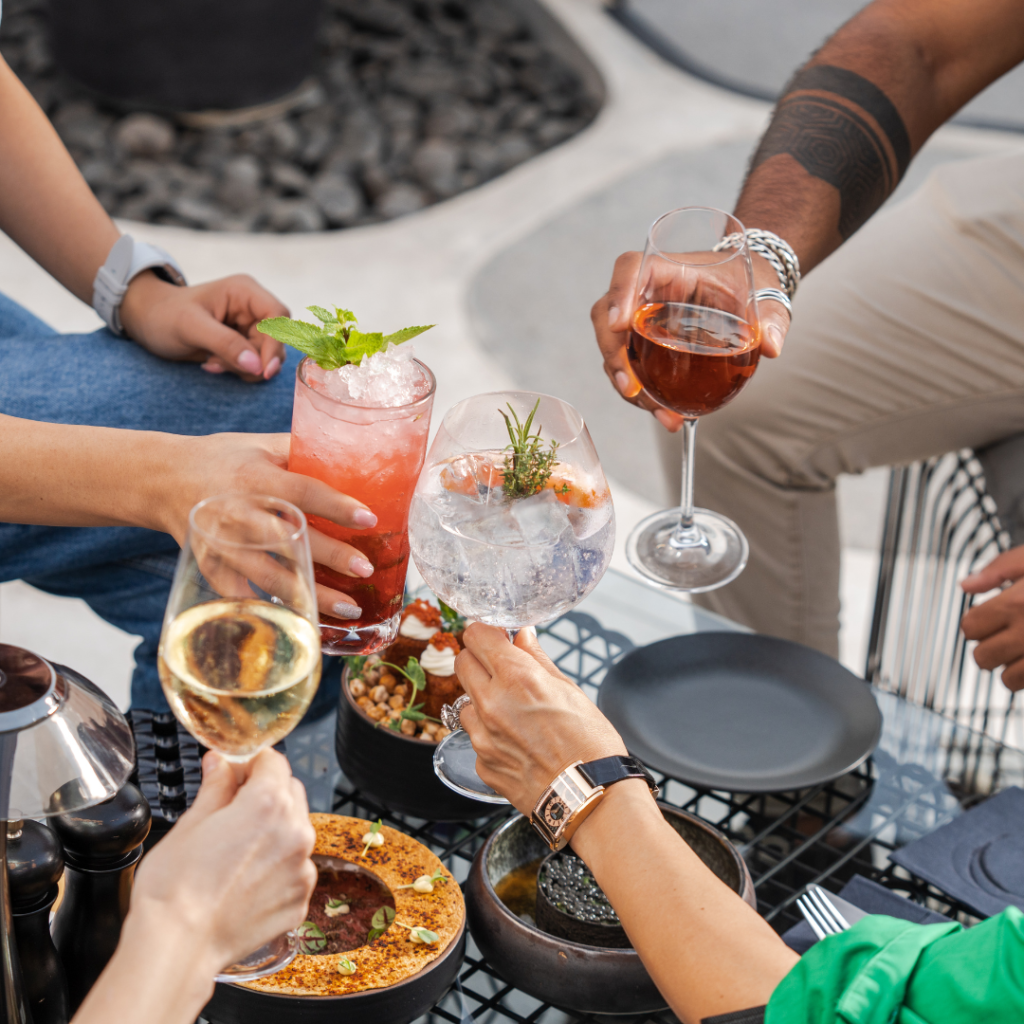
Ah, alcohol. The elixir of good times and great memories. But what happens when those good times turn into bad hangovers and blurry recollections? The truth is, alcohol can have a profound effect on our mental health, and it can create a vicious cycle that’s tough to break. Here’s how it works:
Step 1: The Initial Buzz
You know that feeling – the warmth in your belly, the smile on your face, the confidence in your step. Alcohol can create an initial buzz that feels great. But that buzz can quickly turn into…
Step 2: The Slippery Slope
Once that initial buzz wears off, you might find yourself reaching for another drink. And another. And another. Before you know it, you’ve had a few too many and you’re feeling less than great. This can lead to…
Step 3: The Hangover
Ah, the dreaded hangover. The headache, the nausea, the regret. Hangovers can make you feel terrible, and they can have a real impact on your mental health. They can lead to…
Step 4: The Anxiety
Hangovers can create a lot of anxiety – about what you did or said the night before, about how you’re going to make it through the day, about how much you’re drinking in general. This anxiety can make you want to…
Step 5: Drink More
And so the cycle continues. The more anxious you feel, the more you want to drink. But the more you drink, the worse you feel. It’s a vicious circle that’s tough to break.
So what’s the solution? How do you break the boozy cycle and take care of your mental health? If you are not ready to completely quit drinking and want to cut back, here are a few tips:
- Identify Triggers: Recognize the people, places, or situations that trigger your urge to drink more. This could be a particular social setting, emotional state, or stressor.
- Set Limits: Establish specific drinking limits for yourself and stick to them. This could mean setting a maximum number of drinks per day, per week, or per occasion.
- Practice Mindfulness: Mindfulness techniques such as deep breathing, meditation, or yoga can help you manage cravings and reduce stress and anxiety.
- Seek Support: Surround yourself with people who support your goals to drink less, such as friends or family members who don’t pressure you to drink. Alternatively, seek support from a therapist or support group.
- Find Alternative Activities: Find healthy activities to do instead of drinking, such as exercising, reading, or socializing in a non-alcohol-related context.
- Visualize Success: Visualize yourself successfully breaking the cycle and achieving your goals. Positive visualization can help you stay motivated and focused on your objectives.
Remember, breaking the cycle of wanting to drink more is a process that takes time and effort. Be patient with yourself and celebrate small victories along the way. By taking steps to reduce your alcohol intake, you’ll be taking an important step towards improving your overall health and well-being. If you think you need to talk to someone about how much alcohol you’re drinking, help is available – make an appointment to talk with someone at L&B Counseling.Alcoholics Anonymous is a wonderful resource as well that can help you find local support groups and meetings.
